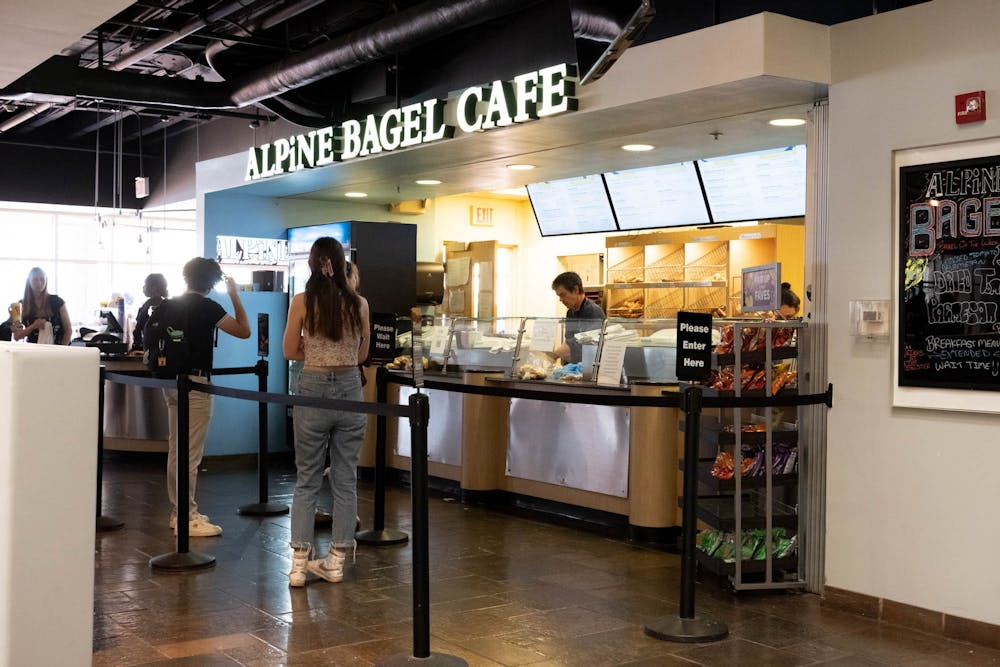The blatant disregard for the financial needs of housekeepers on UNC’s campus is part of a far larger problem of how service workers are treated.
Service work is some of the most dynamic, skilled and resilient work in the modern economy, but not all employee paychecks show it. Despite their vital role in sustaining an affluent community, many service workers are not compensated in a manner that reflects the importance of their work.
Bus drivers, housekeepers and food servers don’t just drive buses, vacuum carpets and serve lunch. They are tasked with de-escalating rowdy people on the bus. They deal with chronic health consequences that often come with physical labor. They have to maintain an unrealistically positive persona while they do it.
It is not uncommon for service workers to work multiple jobs at once because of the incredibly low pay they often receive. An expectation that service workers should be "nice" or, more accurately, accommodating of superfluous customer desires — on top of everything else — only exacerbates the devaluation of their occupations.
Saying “thank you" as you get off the bus or cross the street isn't enough of an acknowledgement. It doesn't put food on the table when workers clock out of their shifts.
Recognition and thanks is a good start, but it is the bare minimum. You should greet your bus driver and your servers when you see them. You should recognize how hard they work. You should also recognize that, for how little they’re compensated, they shouldn’t have to adopt an overly considerate demeanor. And you should call on systems of power to better compensate and treat service workers.
We need a systemic and meaningful approach to addressing the needs of service workers to properly share appreciate for their important and fundamental contributions to our society.
Many institutions, such as UNC-Chapel Hill, highlight and thank service workers, yet put no action in paying them higher. This past year UNC held an event in the pit for Employee Appreciation Day.
UNC's Employee Appreciation Day was the definition of the bare minimum. It entailed a flu and COVID-19 shot clinic, artist workshops, games and inflatables. None of this, however, can make up for an unlivable wage.




